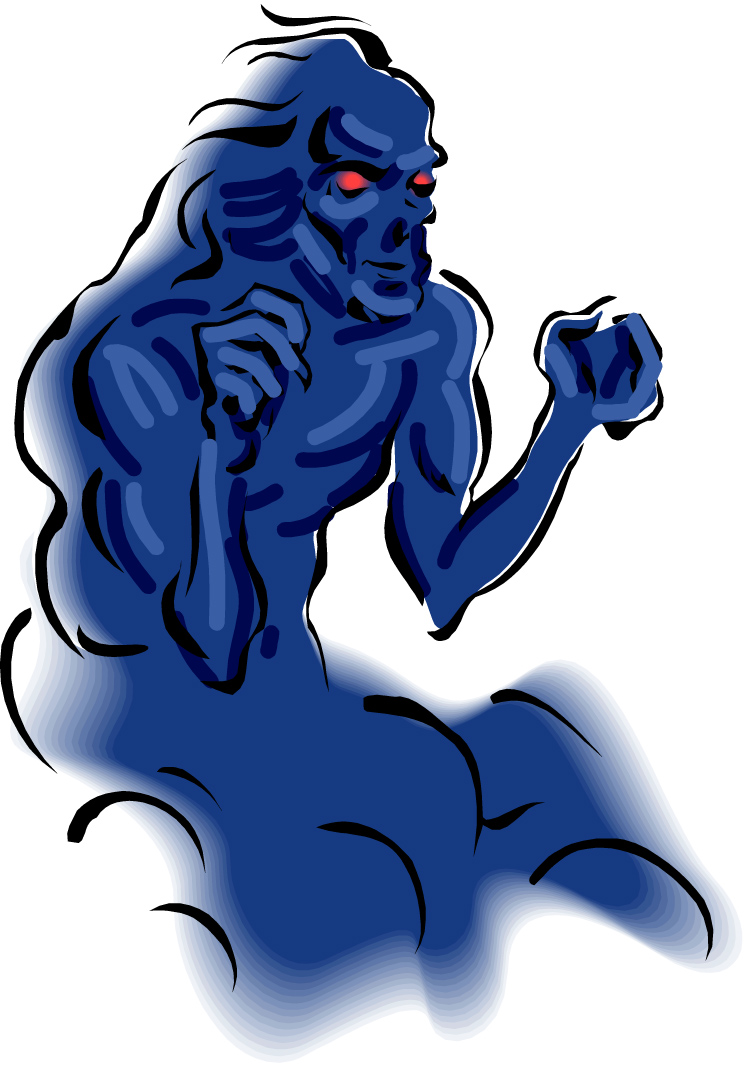
Ephesians 6:12, Principalities/rulers/authorities…powers/authorities/rulers/potentates/magistrates…rulers of the darkness of this world/world rulers of this darkness /worldly prince, a power paramount in the world…spiritual forces of evil in the heavenly realms.In the demonic realms of darkness, there exist hierarchies of authority even as there are the same in Elohim’s kingdom.
The Scriptures reveal that there are territorial demonic spirits over nations like Tyre and Persia, even as Michael the archangel was over Israel. The evil territorial demons are the spirit behind the governments of those nations, and they influence the leaders of those nations. They are also behind big business and big religious systems. For example, Satan himself is behind the Babylon the Great New World Order, and he will eventually possess the beast leader of that system (Rev 13:2).
There are also demonic powers that exercise power over people and placing people in bondage through addictions (drugs, alcohol, pornography, sex, power, money, witchcraft).
Rulers of darkness keep men blinded in spiritual darkness. They operate in the shadows and men from the light of the truth. They are in charge of secret doctrines, hidden knowledge and ritual practices.
Wicked spirits in heavenly realms influence humans in high positions of authority (e.g. government, religious, business) who are at the top of hierarchial human institutions. The highest evil spirits will influence the highest human authorities. The higher up the human hierarchy one goes, the more evil and powerful the spirits and the more wickedness that occurs. This was the case in Ezekiel 8 when YHVH took the prophet on a tour of the temple. The deeper into the temple Ezekiel when (or the higher up the hierarchial ladder YHVH took him) the greater the spiritual darkness and evil acts that were being committed.


